Harry Anslinger was a racist S.O.B. who was traumatized by a heroin addict next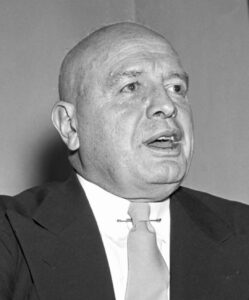 door when he was a kid. He hated drugs and non-white people, so after he rose to power, he created a sense of hysteria around drugs. If you smoked a joint, you would lose your mind and kill your parents. If you were a black man on drugs, you would gain superhuman strength and go on an unstoppable violent rampage. The communists were pumping drugs into the U.S.A. in a cold war plot to destroy democracy and freedom. Harry was able to produce one terrifying rumour about drugs after another. When the general population was sufficiently terrified, he used his power and influence to start a global war on drugs that lasted for 100 years and ruined the lives of more people than in World War One—primarily blacks and Latinos- which was part of the plan all along.
door when he was a kid. He hated drugs and non-white people, so after he rose to power, he created a sense of hysteria around drugs. If you smoked a joint, you would lose your mind and kill your parents. If you were a black man on drugs, you would gain superhuman strength and go on an unstoppable violent rampage. The communists were pumping drugs into the U.S.A. in a cold war plot to destroy democracy and freedom. Harry was able to produce one terrifying rumour about drugs after another. When the general population was sufficiently terrified, he used his power and influence to start a global war on drugs that lasted for 100 years and ruined the lives of more people than in World War One—primarily blacks and Latinos- which was part of the plan all along.
But the problem was never drugs. In the early part of the 20th century, before Anslinger got his war going, you could find cocaine in cough syrup and soft drinks and pick up low-dose opium at your local drug store. The vast majority of users didn’t become addicted and menace society, but Anslinger was not one to be confused with the facts. His biggest motivator was white supremacy; this is why he protected white actress Judy Garland when she became addicted and supplied heroin to Senator Joseph McCarthy while at the same time harassing, incarcerating and finally killing black singer Billy Holiday.
The 100 years war on drugs has been an unmitigated disaster. You know something isn’t right when gangsters like Arnold Rothstein actively supported prohibition laws criminalizing drugs. They stood to benefit the most, and they did. Untold billions of dollars filled the pockets of gangsters worldwide as one of the biggest industries was forced underground.
The goal of the drug war was to wipe out drug use in the world; this is an unreachable and hypocritical goal. The two most dangerous drugs in the world are already legal everywhere: cigarettes and alcohol. These two do more damage than “illicit” drugs, but we’ve decided to manage rather than outlaw them. Alcohol prohibition has already failed. Why would we think drug prohibition would be any different?
A better plan would be to legalize all drugs everywhere and figure out how to properly manage the problems they present to society in the light of day.
Most drug users use because of trauma. Drugs are not so much the problem; they are the coping mechanism to deal with the disappointments and heartbreaks of life. The drug war strategy was to shame, guilt, harass and incarcerate drug users everywhere; this creates more trauma, which increases the desire to stay addicted to chemicals. Instead of ridding the world of drug users, the drug war created an environment which guaranteed their continued existence.
So that’s the summary of Chasing the Scream. What do I think about this book? See below:
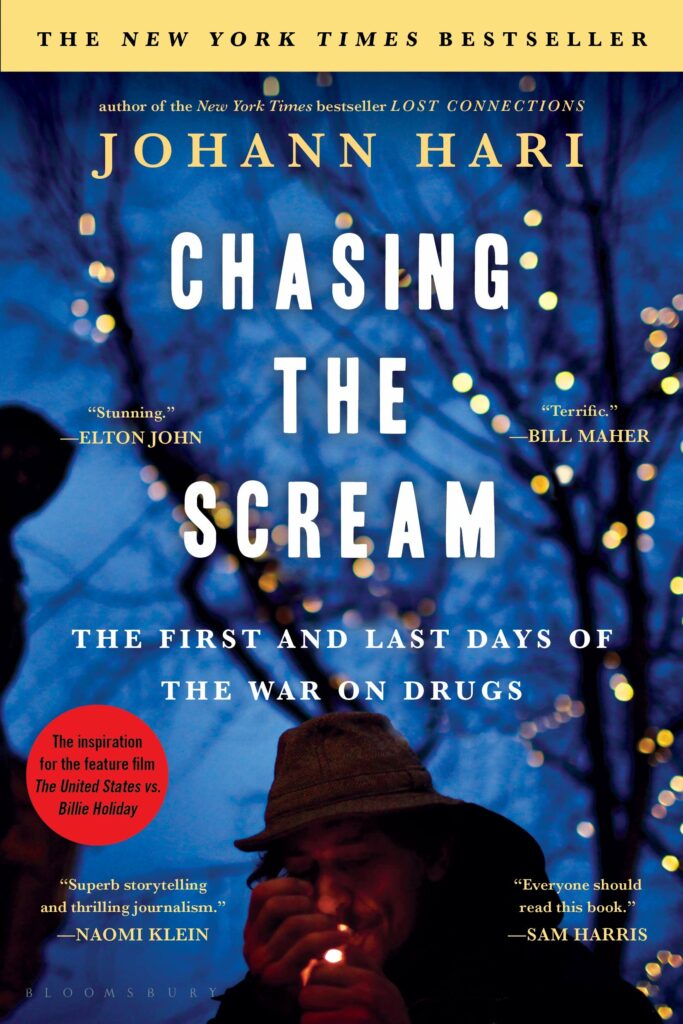
- Propaganda or truth? This book swings so strongly in the direction of drug legalization that, at times, it feels more like a propaganda diatribe than an honest search for the best way forward.
- The war has failed. That being said, there are more than enough gruesome, heartbreaking and deplorable examples in the book that would give any sensible reader a moment’s pause when considering the effectiveness of the war on drugs. Having lived the last 13 years in Vancouver, where there is no drug war, I was particularly horrified at the abuse drug users, and addicts have been subjected to, especially over more minor drugs like marijuana.
- Vancouver, the model post-drug war city? When Johann was writing his book a decade ago he visited Vancouver. For him, the visit was heavenly. There was no war on drugs here, only safe injection sites everywhere, smiling nurses and warm beds for everyone who needed to get their fix. So successful was this program that the streets had dramatically improved, and the life expectancy of people living on the DTES had increased by ten years. He glows with pride and admiration for the success of the Vancouver experiment. Wait, what? Fast forward ten years. I live and work on the DTES. As I read his words, I wonder what the blazes Johann is talking about. The streets have never been worse. Tent cities crowd out our parks and sidewalks in all directions. Addicts by the hundreds lay in the gutters folded in half, passed out and dying from overdoses. None of these people are using safe injection sites. Smiling nurses and warm beds? My eye! I don’t see that at all. I see the victims of drug abuse stumbling down the streets out of their minds. I hear deranged screams. I smell hopelessness and human shit in the air. I see the grim face of a good Samaritan or an overworked first responder as he slams a naloxone needle into the thigh of a twitching addict whose body blocks yet another sidewalk. Vancouver’s DTES is a trash heap, not a shining example of what a city should look like after the drug war ends. This makes me question some of the accuracies of Johann Hari’s observations.
- Downplaying chemical hooks is a mistake. People use drugs to cope with trauma. If we can help the trauma, drug use will stop. Repeatedly the author makes this claim, and I agree with him to a certain extent. Lurking in the back stories of so many addicts are terrible things that have happened to them. However, to downplay, the threat of chemical hooks that come with drug use is a colossal mistake. Johann Hari wrote his book before the Fentynal crisis decimated entire populations of people. The chemical hooks are more potent than ever.
- Do drugs make me more productive? Hari talks of people who have drug addiction but can still lead productive lives, but then he cites Rob Ford, former Mayor of Toronto, as the shining example of a high-functioning drug addict. Ford’s public and private life was an absolute train wreck, and his addictions were not helpful complements to his chaotic life.
- Drugs are still a bad idea. One of the downsides of an overexcited view of drug legalization is its promotion of drugs. Even Hari admitted that drug use goes up when it becomes legal and down when it’s not. Also, the idea of “feeling bad” for taking drugs tends to go away. Drug addiction becomes an acceptable lifestyle choice in society. I’m happy that the drug war is going away, but I don’t want the idea that drugs are a bad idea to go away with it. Drugs from cigarettes to alcohol to fentanyl don’t help us become better people. They are bad habits. Less will always be more. If we can eliminate gangsters doing the dealing but keep the perspective that drugs are a bad idea, that would be good. But can we?
- Hope City? What if we created a place in an existing city or on the outskirts of one dedicated to helping addicts? If you lose your housing or job because of an addiction, you automatically qualify for residency in Hope city. All addicts go to Hope city voluntarily or by court order. For those unable to escape their chemical dependence, there would be housing and full supply for their addiction and the opportunity to work and try to find purpose again. (I think removing the need for gangsters is really important) For those wanting freedom from chemical addiction, Hope city would have immediate detox and treatment centre options without being waitlisted. The goal would be to have all systems in place to help addicts reclaim their lives as soon as possible, all in one location. Hope city would function as a pipeline that moves people from addiction to freedom. There would be no external pressure to force addicts into recovery. Hope City, for them, would serve as a nice safe place to live for as long as they needed. I’m sure there are all sorts of problems with this idea, but they can’t be worse than the problems I witness daily in Vancouver.
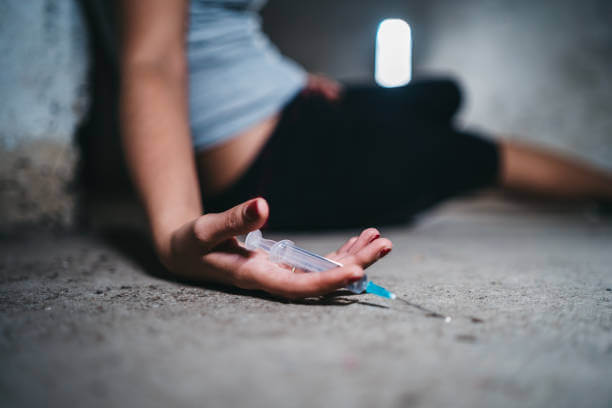
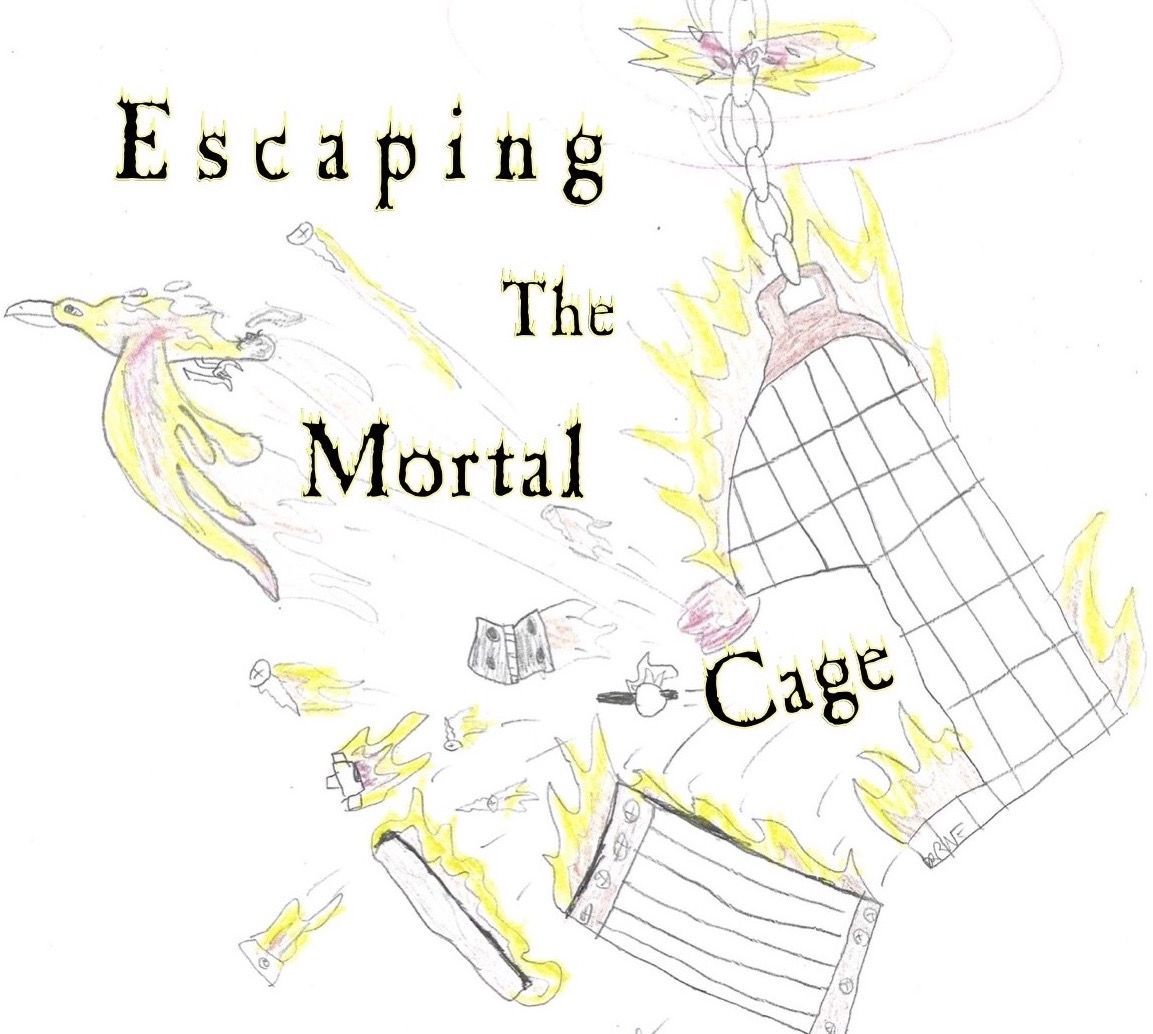
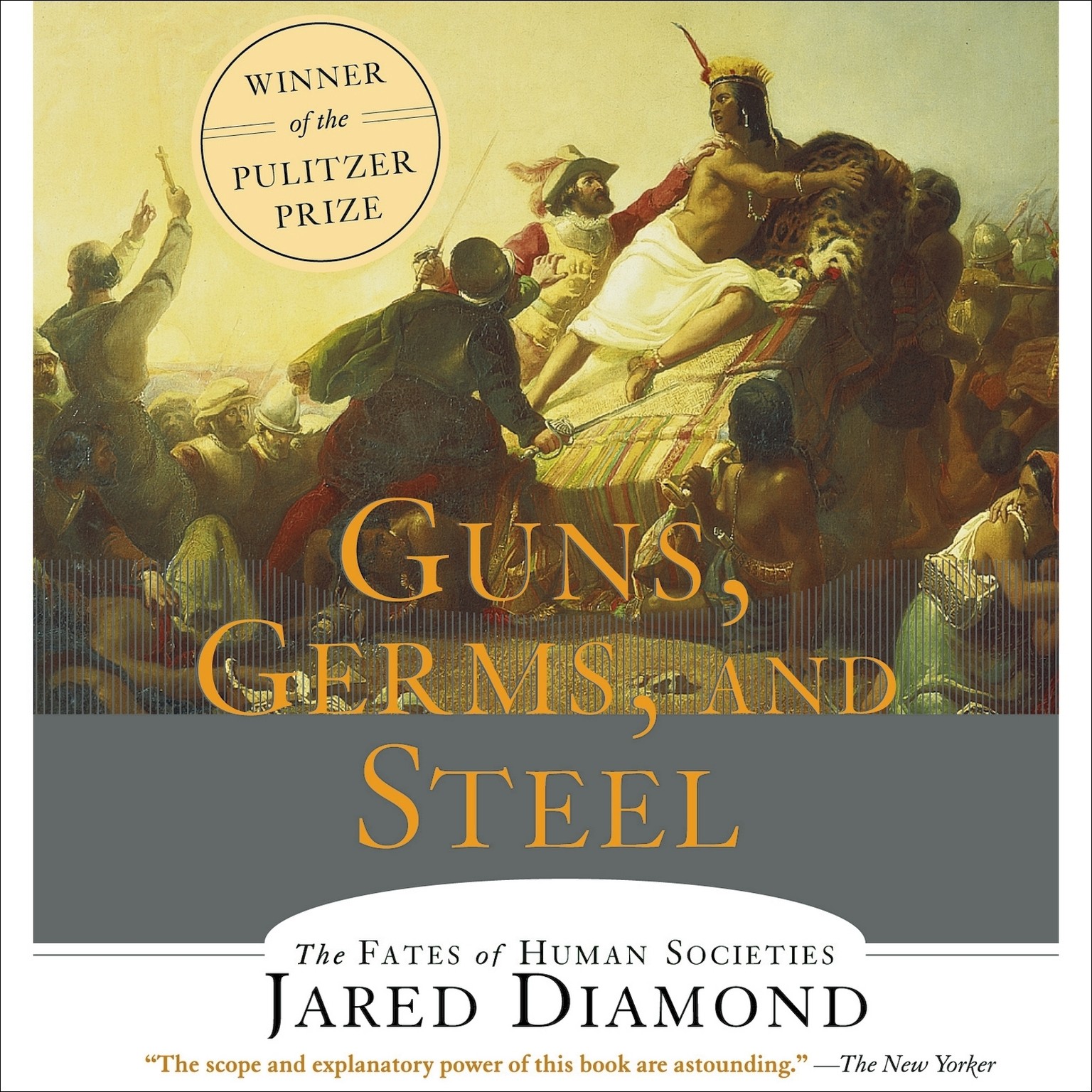


One Response